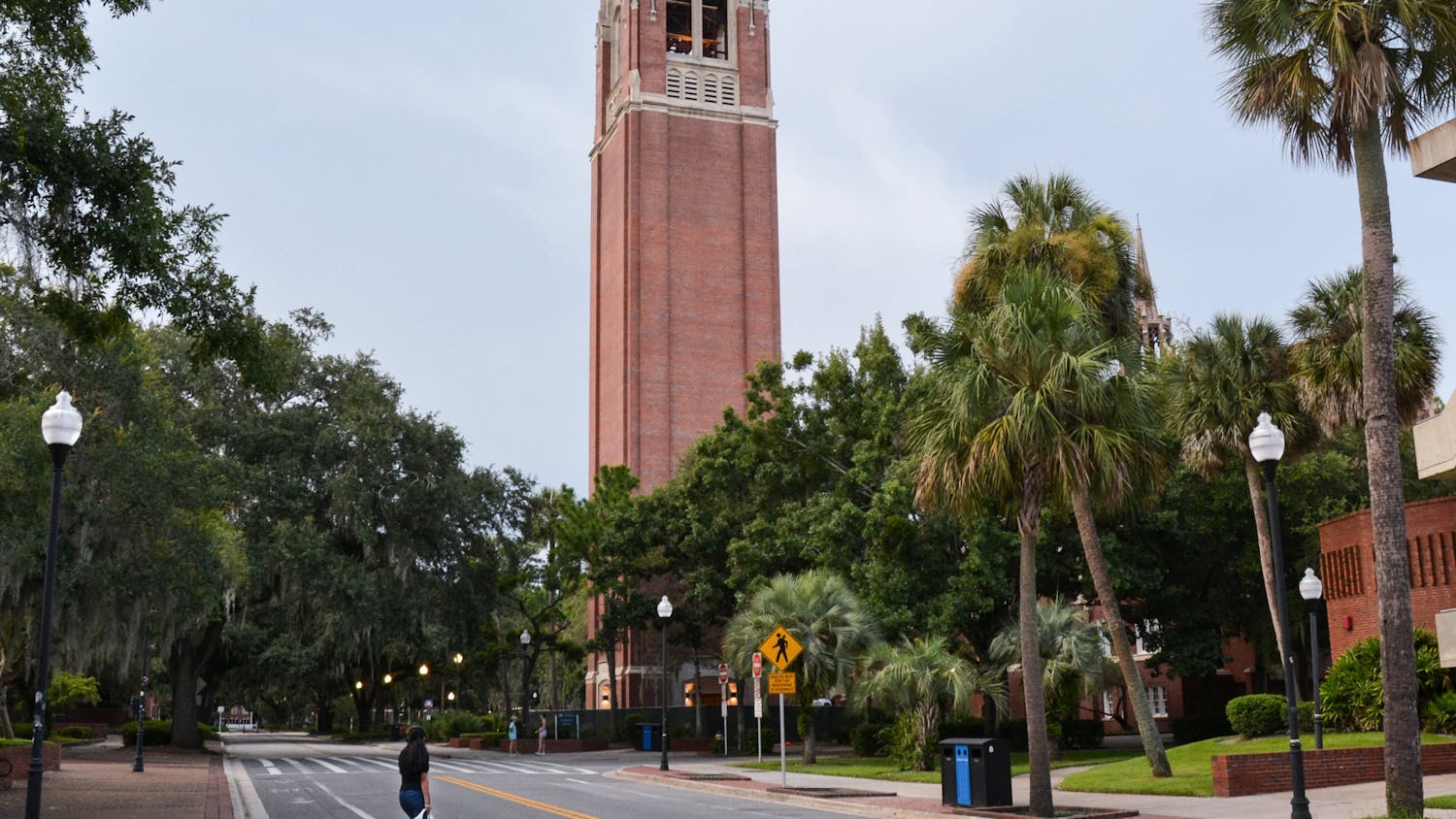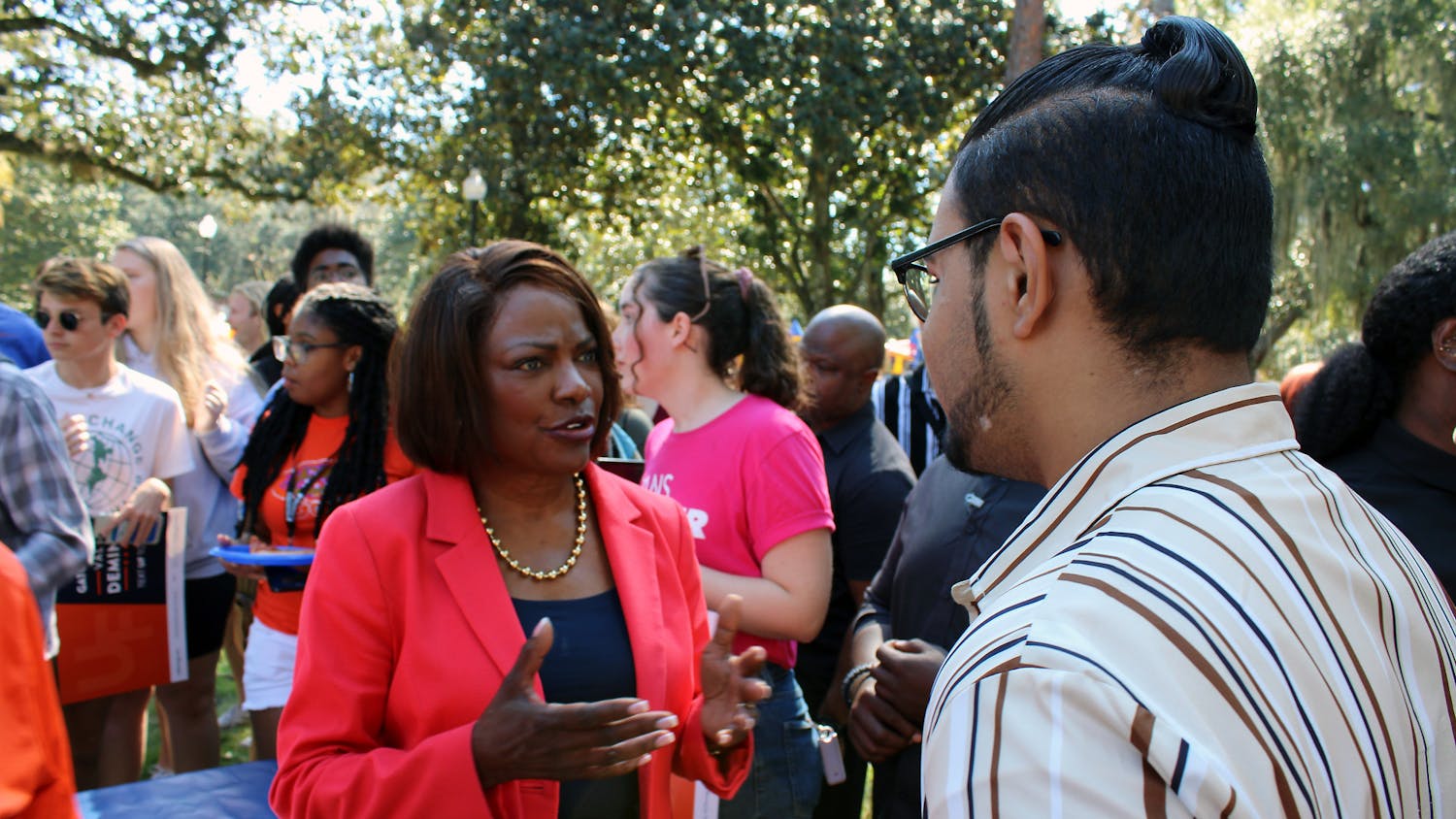If you're not studying science, engineering or technology, Gov. Rick Scott may not think your degree is worth funding.
In an interview with the Sarasota Herald-Tribune on Monday, Gov. Rick Scott laid out his plans for higher-education reform - one of his top priorities for the state legislature when it convenes in January.
In addition to rethinking faculty security, Scott said he hopes to move more funding to programs that promise the best job opportunities after graduation, namely the science, technology, engineering and math departments, or "STEM" disciplines. This would ideally draw more high-tech companies to the state, thereby increasing job opportunities.
The governor cited liberal arts degrees like anthropology and psychology as examples of those with poor job prospects, saying he hopes to come up with more ways to incentivize students to pursue the STEM disciplines while discouraging them from liberal arts tracks.
"If I'm going to take money from a citizen to put into education, then I'm going to take that money to create jobs," Scott told the Herald-Tribune. "So I want that money to go to degrees where people can get jobs in this state.Is it a vital interest of the state to have more anthropologists? I don't think so."
UF President Bernie Machen said he agrees that the state should emphasize and support STEM disciplines, noting UF is a very science-intensive university.
However, Machen said he would not support funding STEM degrees at the expense of liberal arts programs.
Scott also told the Herald-Tribune that he wants universities to provide their students with information about the average salary for each degree program.
According to 2011 salary data from PayScale, a company that tracks employee salary information, the major with the highest median starting salary was petroleum engineering, with a starting salary of $97,900.
Chemical and electrical engineering took second and third with starting salaries of $64,500 and $61,300, respectively.
The median starting salary for anthropology majors was $35,600. For psychology majors, it was $35,000.
Paul D'Anieri, dean of the College of Liberal Arts and Sciences, said in an email that a liberal arts education gives students a versatility that allows them to adapt to a wide variety of jobs, including ones that haven't been invented yet.
"Educating people with the creativity and aptitude to invent new jobs and to adapt to new jobs is what a liberal arts education is all about," D'Anieri said. "And the record of success is obvious."
A 2008 study by Duke University and Harvard University surveyed the CEOs and heads of product engineering at 502 technology companies.
The researchers found that while 92 percent held bachelor's degrees or higher, only 37 percent held degrees in engineering or computer technology.
D'Anieri also said Scott has failed to recognize some of the crucial roles anthropologists play in the state of Florida.
For example, tourism, one of Florida's largest industries, relies heavily on anthropologists who preserve and explain historical sites.
He also pointed out the importance of forensic and biological anthropology to law enforcement during criminal investigations, as well as the cultural anthropologists who work with the military to help them develop construction relationships with foreign civilian populations.
The College of Liberal Arts and Sciences is the largest at UF, with 42 majors and about 13,400 students.
In 2010, 3,220 students graduated from CLAS with bachelor's degrees. Of those graduates, 257 had anthropology degrees.
The largest degree program at UF is psychology with 485 graduates in 2010. This is followed by finance with 405 and political science with 362.
D'Anieri pointed out that many of the liberal arts graduates will not go on to work in the same field as their undergraduate degree.
Students with liberal arts degrees often dual major or use their undergraduate degrees to apply to law or medical school.
This is the case with Jessica Branston, a 21-year-old psychology senior who plans to attend medical school.
She said she understands the importance of scientific or technical majors but thinks taking away funding from liberal arts programs would be akin to taking away the arts.
"Through those majors, we learn so much. We learn about cultures, languages, behavior," she said. "We learn about ourselves."





